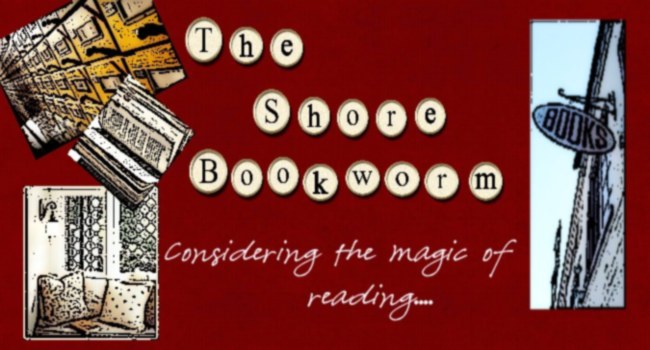
The Warmth of Other Suns
Isabel Wilkerson
On August 30, 2010, I read a review in the New York Times that was so effusive, so glowing, I read it twice to make sure it wasn’t some kind of a spoof. But it was real. Janet Maslin had written what I think is the most enthusiastic review I had ever seen in the Times. The book is The Warmth of Other Suns by Isobel Wilkerson, an epic analysis of the migration of Americans of African descent over the 20th century from the South to the North.
Wilkerson is a journalist and, currently, a professor in the Communication Department at Boston University. She won the Pulitzer Prize while working for the Chicago bureau of the New York Times. She was born and raised in Washington, D. C. by parents who had moved north to escape the rigid class restrictions in the South. This is part of what influenced her choice of subject matter.
The title is taken from a Richard Wright poem: "I was taking a part of the South to transplant in alien soil, to see if it could grow differently, if it could drink of new and cool rains, bend in strange winds, respond to the warmth of other suns, and, perhaps, to bloom."
Wilkerson spent almost 20 years researching the complicated and heartbreaking history of the black experience in the South and the movement North to find a new way of life. She combines an overview of political and social history with oral narratives from thousands of interviews. The story is ultimately reflected in the lives of three specific individuals who left the South in three different decades, the 1930’s, the 1940’s and the 1950’s.
Ida Mae Brandon Gladney was a sharecropper in Mississippi whose husband moved them to Chicago in 1937 when a cousin was falsely accused of a ‘crime’ and nearly beaten to death. George Swanson Starling was an ambitious, prickly, smart young man who had to move North but fast. He had tried to improve the conditions for citrus pickers in Florida and discovered that he was a marked man. The growers were organizing to lynch him. This was 1945. Robert Joseph Pershing Foster was from a prominent, well educated family in Lousiana, but the color of his skin mattered more than the fact he was a doctor. In 1953 he opted for a new beginning in Los Angeles.
The meticulous history and background Wilkerson describes is harrowing in its pervasive evil. A white American from the North can only imagine what it was like to live every second not knowing if you, a black person living in the pre-civil rights South, would accidentally step wrong. That wrong step could at best get you humiliated and beaten, and, at worst, murdered by a legally sanctioned mob. The petty and major slights and disparities are overwhelming as the author catalogs them: less education; lower pay; separate and substandard facilities and housing; routine, ingrained and systemic degradation. This was not only tolerated by American society, but nurtured.
I was mesmerized by the stories and voices of the three people who are featured as representative of the diaspora. Their humanity and courage is an inspiration even as I felt a deep shame for the conditions they endured. Wilkerson began her research in the 1990’s, when each of these people were already elderly. By the end of the book, as she describes the loss of each one to illness and advanced age, I actually felt bereft and choked up. I had gotten to know and admire them.
The book is not without its issues. It can be repetitive and I would have edited parts differently. But these are small, small concerns. Overall, this is a masterpiece of research and oral history. It scrutinizes the background of Jim Crow and why it lasted so long. It evaluates the geographic distribution of the population and, with contemporary data for support, debunks the myth of the migration creating the “Welfare Culture” of the North.
The Warmth of Other Suns is a must for understanding a crucial part of American history.
More reading:
Another Times review: http://www.nytimes.com/2010/09/05/books/review/Oshinsky-t.html?pagewanted=all
About Isabel Wilkerson: http://en.wikipedia.org/wiki/Isabel_Wilkerson

Did you like this post? Let others know!


















2 comments:
Sounds great - It's going on my list.
It is well worth it Margaret. It is a haunting and thought provoking story.
Post a Comment